Podcast: Play in new window | Download
Yesterday, I traveled to another airport to take a look at a Bonanza that had not flown in over a year due to an engine problem. Specifically, it would not idle.
Continental fuel injected engines must be set up properly per SID 97-3G, in order to achieve optimal performance.
You can find this information here if you would like to take a look at it:
http://www.ramaircraft.com/%5CService-Bulletins-and-ADS%5CSID97-3G.pdf
One problem with this engine was that the mixture control was not hitting the full rich stop at the fuel control on the engine.
Another problem, and perhaps the biggest reason it would not idle properly, was a huge induction leak, due to the induction coupling between cylinders 2 and 4 being installed beside the gap, rather than over the gap.
With this induction leak, the engine was too lean at low RPM to run properly.
After fixing these issues and adjusting the idle mixture, the engine idled very nicely.
Now, that Bonanza is ready for a fresh annual inspection, then a complete fuel system setup per SID 97-3G, and then it can go flying again!
A good place to have SID 97-3G performed is Tennessee Aircraft Services, Inc. This shop is run by Paul New, a well known A&P / IA, who was selected in 2007 as the FAA Maintenance Technician of the Year.
Here is an excellent article that Paul wrote about the importance of Continental fuel system setup:
http://www.tennesseeaircraft.net/tcm-sid97-3e-again/
Take your airplane to a shop where they specialize in this procedure. (They do a lot of them, have the proper equipment, and have a reputation for doing excellent work.)
In light of today’s episode, here are some things you can do as an airplane owner if you have any engine issues, or if you just want to confirm things are as they should be:
Remove cowling for access to engine controls.
1. Check engine control rod end bolts… should not be able to rotate with fingers.
2. Move all engine controls and verify they hit the stops at the engine when moved both directions. Not familiar? Get help and have someone point them out to you.
3. Turn prop through in reverse direction of rotation and listen for any hissing sound, which could indicate an induction leak.
4. Visually look for any induction system leaks or chafing areas.
5. If you suspect any issues with your Continental fuel system, take it to a reputable shop that has the proper equipment and experience for the task.
PLEASE, if you find this show valuable, go to iTunes and leave a rating and review for this podcast… that way, perhaps other airplane owners can find out about it.
Contact me with any questions or comments either here on the website or by email: deanshow@gmail.com (my favorite way would be for you to leave me a voice message by clicking the button to the right.)
Thanks!
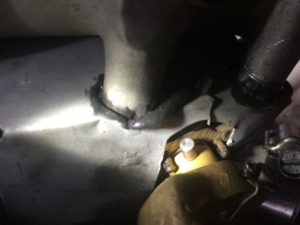
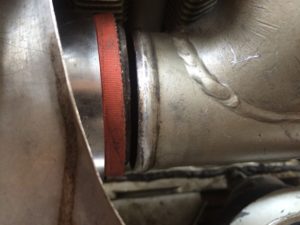
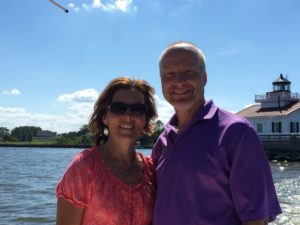
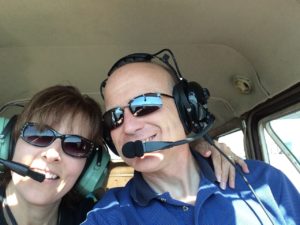

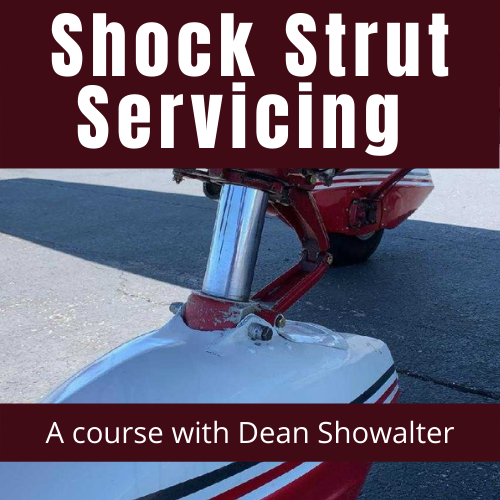
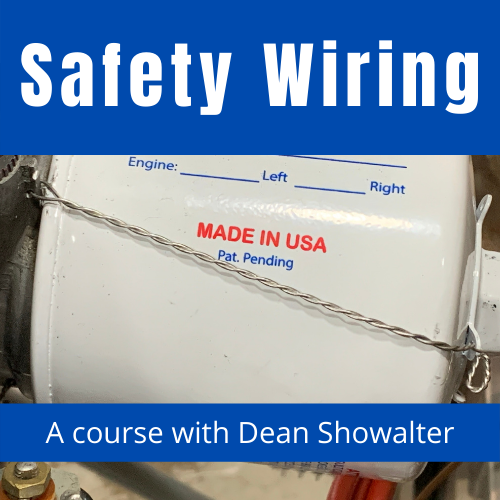
Recent Comments